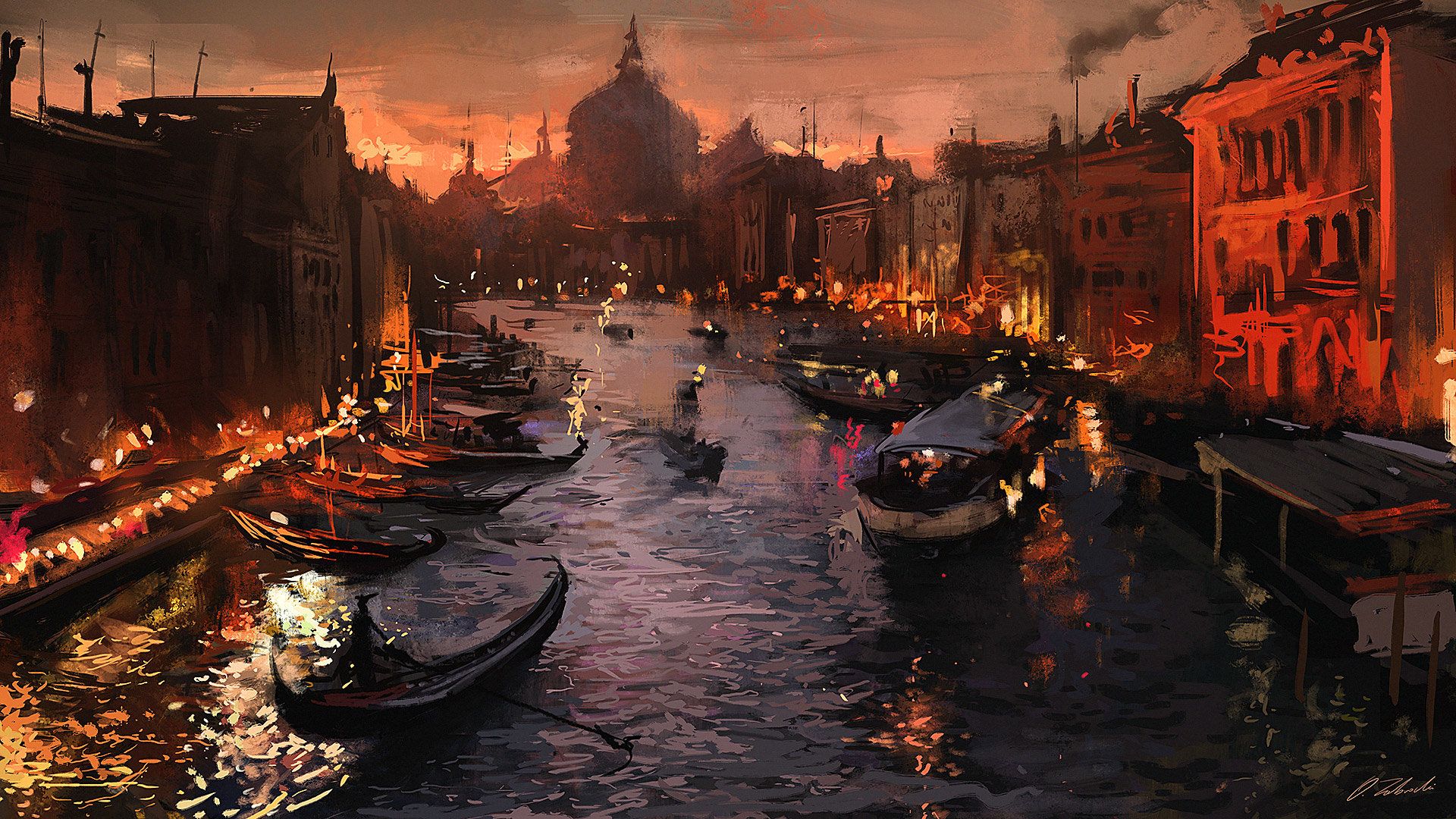Basca
Demographics
The population is largely human (37%) and elven (29%), with smaller numbers of dwarves (10%), halflings (9%), goblins (7%), gnomes (5%) and half-orcs (3%).
Government
Each of the major Guilds within Basca is represented within the civilian government. These positions can be earned through merit within the Guild in question, inherited down through notorious lineages, but typically voted on by members of the Guild. Many more minor positions are voted on as representatives of various districts, and many still are hired by those above them. At the head of this hierarchy is the Viceroy, a position voted on by the populace of Basca once every 5 years. There is no limit on the number of terms a Viceroy can serve, but they cannot run multiple campaigns in a row, and thus must always hand off power to another. The system was instituted some time after the Scouring of Basca by the First Empire, so that there could never arise such a leader with both singular authority and a disregard for the people they served.
Defences
Basca's walls are tall, and have stood against all with but a single. understandable exception. But ultimately, they are simply not needed. Few guards patrol their walls, and the ancient stonework lies in disrepair, fore a far greater defence has offered itself to the city. The Scouring left its mark upon the land, churning the once workable ground into untamable desert for perhaps hundreds of miles, cutting Basca off, save for the River Wadi. Only Kareya has posed any immediate threat in recent history, and much of that conflict was purely naval in nature. In that regard, at least, Basca stands strong, with an armada of light skirmishing ships ready to deploy on a moments notice.
Industry & Trade
Being an isolated city, Basca needs to produce much of what it needs itself. Pottery, clothing, weapons and armour. Since merchants cannot be relied upon to supply all of this and more in the quantities needed, local industry must needs step up. Although many among the working class seek a living in the various mines Below, or manufacturing the essentials for the city, there does exist a significant demand for those in the service industry. These are the people that run the markets, taverns, brothels and otherwise, all of which are found all across the city in much higher quantities than in Basca's nearby peers.
Infrastructure
The docks of Basca - commonly known as "The Hands" - is the largest area of the city, though very much not the most developed. All trade in and out of Basca must travel by river, so the infrastructure needs must be there, but poverty and pestilence have seeped their way into the place, coinciding with a rise of the plague Goddesses following in the district. From the docks, necessities like grain are brought over from West Shore, and luxury goods trade hands whenever available.
Whilst the generally frivolous trade of wine and exotic creatures may be what Basca is more well known for, the true heart of the city is found Below, in the mines that make up many of the layers underneath the surface. Whilst great, artificially lit fields grow crops and raise livestock, it is the mining of gold and lapis lazuli that give the city the buying power it need to survive.
Assets
Main Imports: Grain; Cloth and linen; Wood; Copper and Tin
Main Exports: Wine; Gold; Lapis Lazuli; Exotic Animals (including megafauna Silk
Guilds and Factions
Basca is, in spirit, governed by their Guilds. Whilst there are dozens, there exist a small number that stand as more important, described and detailed below:
The North Granaries, also known as The Bakers: Led by Ayah Handal, the North Granaries control among the cities most valuable resources, distributing grain, bread, beer, and jobs to many of Basca's populace. Whilst they were once much smaller, The Bakers have expanded greatly under the guide of their new Artisan and boss, allegedly resorting to violent means to push out the competition. These claims, of course, haven't been substantiated in the least.
The Courtesans: Far move than the name would suggest, The Courtesans keep much of the political climate in Basca stable. In addition to their role as escorts and artists, The Courtesans act almost as diplomats-for-hire, brokering agreements or smoothing over arguments between other guilds and the like. Due to their near-universal respect, they have been able to ensure that all within their guild are well paid and treated.
The Spyworkers, also known as "Polecats": Information unlocks many doors. As such, the control thereof is exceedingly important to many individuals. The Spyworkers provide a service allowing precisely that; with their aid, one can research rivals, control the spread of rumours, or learn secrets perhaps deemed unsavoury. Since the Spyworkers are often hired in opposition, they have been afforded the name "Polecats", a title their guild's Artisan Simon Crannach embraced as their official sigil.
The Gravewardens:
Architecture
Eastern style, lots of square building, and white sunbleached stone. Every building adorned with flags and bunting, vibrant flowers sprouting from every alcove. Cloth roofs over market stalls, merchants on every corner, horizon dominated by grand temples and shrines.
Geography
The base of a valley, along the banks of the River Wadi. Eastern side of the city higher than the west. Lands beyond the valley mostly desert for miles upon miles.
Founding Date
625 BFF
Alternative Name(s)
Jewel of the River Wadi, The Old Basilica
Type
Large city
Population
Approx. 250,000
Related Ethnicities
Inhabitant Demonym
Basc
Location under
Ruling/Owning Rank
Owning Organization
Remove these ads. Join the Worldbuilders Guild









Comments